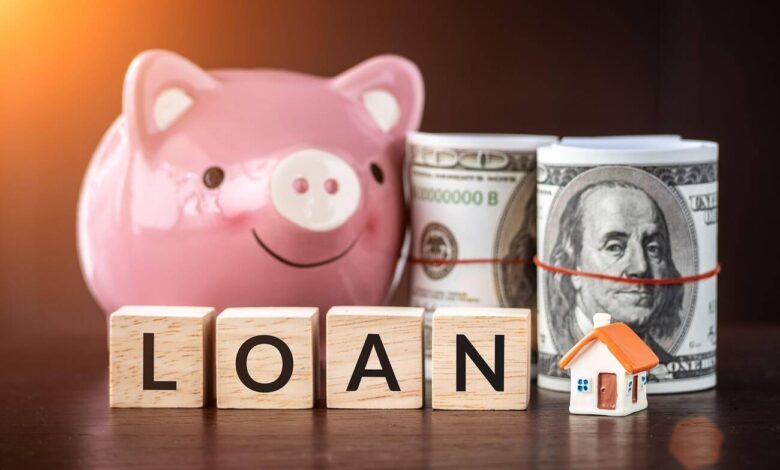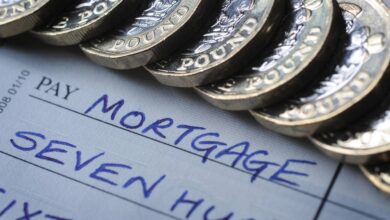Paying Off Your House Mortgage: Is It Unwise?

Owning a home is a significant achievement for many, representing stability and a sense of accomplishment. However, the path to homeownership often involves taking out a mortgage—a substantial financial commitment that can span several decades. In recent years, a debate has emerged about whether paying off your house mortgage as quickly as possible is a wise financial decision. Some argue that it’s unwise due to various factors, while others advocate for the benefits of mortgage prepayment. Let’s delve into this contentious issue and explore whether paying off your house mortgage is, in fact, unwise.
The Argument Against Paying Off Your Mortgage
- Opportunity Cost
One of the primary arguments against paying off your mortgage early is the concept of opportunity cost. By allocating extra funds to your mortgage, you may miss out on potentially more lucrative investments. Historically, the average annual return on investments in the stock market has exceeded mortgage interest rates. Thus, some financial experts contend that you could grow your wealth faster by investing surplus funds instead of accelerating mortgage payments. - Tax Benefits
Mortgage interest is tax-deductible in many countries, including the United States. This tax deduction can significantly reduce your overall tax liability. By paying off your mortgage early, you might lose out on this valuable tax benefit, which could be more financially advantageous in the long run. - Liquidity
Paying off your mortgage often requires tying up a substantial portion of your savings or disposable income. This can limit your liquidity, leaving you with less cash on hand for emergencies, investments, or other financial goals. Having a mortgage can serve as a form of leverage, allowing you to use your money more flexibly elsewhere. - Low-Interest Rates
Mortgage interest rates have been historically low in recent years. Some argue that it’s financially savvy to keep a low-interest mortgage and invest your surplus funds in higher-yielding investments. The idea is that the return on your investments would exceed the cost of your mortgage interest.
The Case for Paying Off Your Mortgage
- Peace of Mind
For some homeowners, the emotional benefit of owning their home outright outweighs potential financial gains. Being mortgage-free can provide a sense of security and peace of mind, knowing that your most significant asset is entirely yours. - Guaranteed Return
Paying off your mortgage is essentially a guaranteed return on your investment. When you make extra payments toward your principal, you reduce the amount of interest paid over the life of the loan. This results in a guaranteed savings in interest expenses. - Risk Mitigation
Carrying a mortgage comes with a level of financial risk. If economic conditions worsen or your income decreases unexpectedly, having a mortgage-free home provides a safety net. You won’t risk foreclosure due to missed payments.
The Middle Ground: A Balanced Approach
The debate over paying off your house mortgage isn’t necessarily black and white. It often depends on individual circumstances, financial goals, and risk tolerance. Many financial advisors recommend a balanced approach. Consider these steps:
Emergency Fund: Ensure you have a sufficient emergency fund before making extra mortgage payments. Having cash reserves for unexpected expenses is essential.
High-Interest Debt: Prioritize paying off high-interest debts, such as credit card balances, before accelerating mortgage payments.
Diversified Investments: Consider investing any surplus funds in a diversified portfolio, which may yield higher returns than your mortgage interest rate.
Consult a Financial Advisor: Seek advice from a financial professional who can assess your unique situation and provide personalized guidance.
In conclusion, the decision of whether paying off your house mortgage is unwise depends on various factors, including your financial goals, risk tolerance, and investment opportunities. While there are valid arguments against early mortgage repayment, the emotional and financial benefits of owning your home outright cannot be ignored. Ultimately, the best approach is one that aligns with your personal circumstances and long-term financial objectives.




